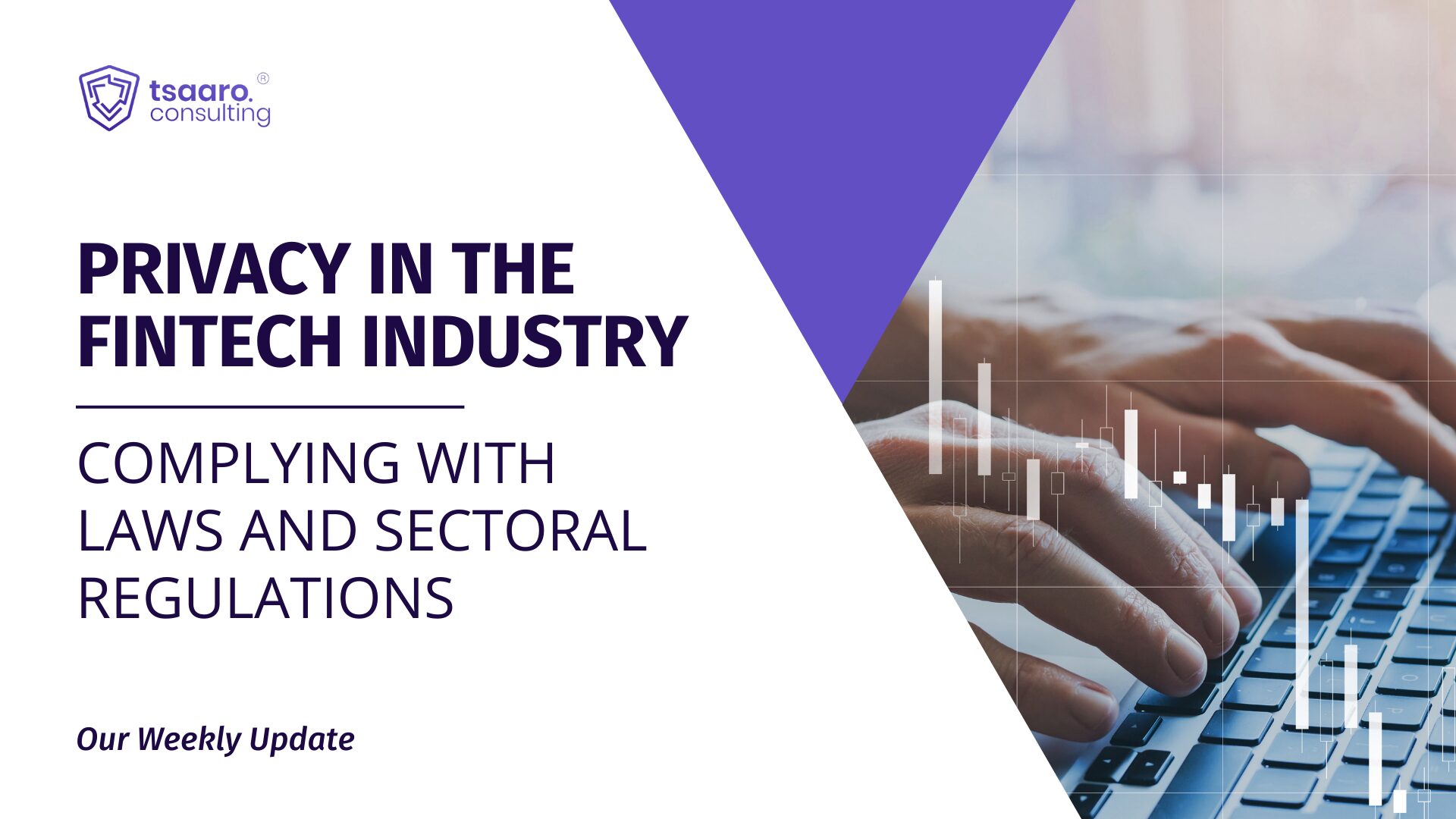Introduction
From children to adults, Online Platforms have largely impacted the lives of millions. From communication to entertainment, Online Platforms play an integral role in the development and growth of individuals. As a result, several concerns have been raised concerning the safety of individuals online and the exchange of illegal content and services online.
Owing to these several concerns, the European Union in 2020 proposed the Digital Services Act Package, which includes two important and forwards regulations, i.e., The Digital Services Act (DSA) and the Digital Markets Act (DMA), that have two main goals which are to create a safer digital space in which fundamental rights of users are protected and foster innovation, growth, and competitiveness in the European markets. Under this Package, the Digital Services Act regulates several online platforms, including websites, platforms, intermediaries, and hosting applications. This blog will examine the Digital Services Act, whom it regulates, and how this Legislation builds a safer Digital Space.
Also Read, Regulation of Online Gaming Industry: Why is it important from a Privacy Standpoint?
Whom does the Digital Services Act Regulate?
Under the DSA, all providers of Intermediary Services offered to recipients of those services located in the European Union, irrespective of whether the provider of the Intermediary Services is located in the EU, will come under the scope of the DSA. The DSA defines an Intermediary Service as one of the following:
- 1. A Conduit Service that deals with simple transmission in a communication network of information provided by a recipient.
- 2. A Caching Service that acts like a conduit service except for automatic temporary storage of information for efficient onward transmission.
- 3. A Hosting Service that consists of the Storage of Information at the request of the Recipient.
It is important to note that Online Platforms and Online Search Engines come within the ambit of Intermediary Services. This includes providers of Online Marketplaces, App Stores, Online Travel Sites, Social Networks, and much more. In addition, the DSA regulates another sub-category of Intermediary Service terms as ‘Very Large Online Platforms’ (VLOP) and ‘Very Large Online Search Engines’ (VLOSE) and creates additional obligations for such providers. In order for an Intermediary Service to be classified as a VLOP or VLOSE, platforms must have more than 45 million average monthly users in the EU. However, while the DSA has come into force on 16th November 2022, it will only apply to all regulated entities on 17th February 2024, giving plenty of time for Intermediary Services to comply with the regulations.
Key Regulations under the DSA
The new EU DSA creates several regulations on Intermediary Services aimed at creating a safer and more accountable space online. Some of the key Regulations under the DSA are:
1. Transparency and Algorithmic Accountability: The DSA mandates all Online Platforms to disclose certain information, which includes the number of removal orders and notices related to illegal content and information about their automated content moderation tools, including error rates and training for content moderators. Moreover, VLOPs are obligated to allow access to their algorithms to monitor compliance by the European Commission and EU Member States.
2. Response to Illegal Content: The DSA establishes consistent criteria for issuing Notices and taking Actions concerning illegal content. These criteria also define the circumstances under which Intermediary Services can be held accountable for such content. Furthermore, the DSA mandates the removal of any content that targets Cyber Victims.Thus, the DSA focuses on diligent and good-faith removal of illegal content rather than general content moderation.
3. Ban on Targeting Using Sensitive Data: Another important obligation mandated by the DSA is the prohibition of Intermediary Services from generating targeted advertisements through the profiling of sensitive data, such as sexual orientation or political opinions.
4. Enhanced Transparency to Users: The opaque structure of content distribution on online platforms has been a significant concern for users. The DSA addresses this issue by requiring platforms to disclose the parameters of their content recommender systems. This transparency empowers users to comprehend the principles behind content recommendations. Moreover, the DSA enhances user rights by enabling users to customize these systems and explore non-profiling-based alternatives.
5. Verification and prevention: The DSA creates an obligation on Online Marketplaces to verify and validate the legitimacy of merchants selling products or services on their websites. Online platforms must implement measures to prevent the listing of illegal goods or services.
6. Obligations on Search Engine Platforms: The DSA obligates Search Engine Operators to remove links on their platforms that lead users to illegal Content Online.
The DSA, thus, regulates and imposes several obligations on Intermediaries, focusing on upholding fundamental rights such as freedom of expression, information, and thought, thereby safeguarding individuals from manipulation. Apart from several obligations, the regulation also introduces safeguards for improved access to effective remedies. Under this, intermediaries must establish direct communication channels with users and explain content restrictions. The DSA includes a three-tiered grievance mechanism, ensuring internal complaint handling, out-of-court dispute resolution, and access to judicial redress. Therefore, the DSA regulates Intermediaries while allowing for effective Redressal of Users.
Also Read, A Comprehensive Guide To Incident Response Planning: Data Breaches
Conclusion
The EU Digital Services Act marks a significant step forward for the European Union and the World regarding Intermediary Regulation. The rise of Online Platforms and Intermediaries has led to several concerns over Digital Safety, addressed by the upcoming DSA, which will apply to all regulated entities on 17th February 2024. The DSA attempts to hold Intermediaries accountable and responsible for information while enhancing transparency and protecting users’ rights.
Protecting your data privacy is paramount in today’s digital landscape. Never take your online security and personal information lightly.At Tsaaro, we understand the significance of safeguarding your data. Our dedicated team of privacy experts is here to assist you in navigating the complexities of data privacy.












Recent Comments